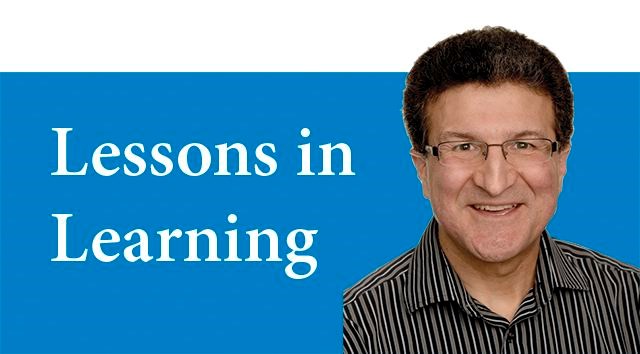When looking at events in the world today, we can rightly be horrified by the racism and violence we see. In such times, it is important to take a step back and look at the wider scope of history. As Martin Luther King Jr. has quoted, "The arc of the moral universe is long, but it bends toward justice."
Perhaps the reason why so many of us are disturbed by the words and actions of racism today is because they are in such sharp contrast to the celebration of diversity that dominates our society. We need to remember, however, that not long ago inclusion was seen as a threatening and radical idea by the majority of our population. Groups like the Ku Klux Klan once flourished throughout much of North America, committing acts of violence targeting people of colour, Catholics, immigrants and civil rights activists, among others.
What brought about the current shift in thinking? In essence, it was a realization that love is more powerful than fear. When we look at this history of the world, we see this discovery being made time and again, and the arc of the moral universe bending further and further toward justice. Those who try to resist end up being left behind, or worse, they become the villains of history.
Throughout recorded history, certain groups have dominated others. Slavery, for example, was seen as normal and the continent of Africa was changed forever by the trade of human beings. It took hundreds of years for the truth of this horror to have enough of an impact on the social conscience of people in Europe and North America to change our laws. Ending slavery, however, was only one step in the "bend toward justice."
Colonialism dominated the world for hundreds of years and forcing European culture upon others was seen as "the white man's burden." The 20th century saw the rise of systematic mass killings, some of which continue to be denied by their perpetrators. Today even so-called advanced societies continue to discriminate against individuals and groups.
More importantly, however, history is filled with people who had the courage to speak the truth. Their words resonated in the hearts and minds of those who heard them because there is something good inside each of us that embraces the dignity of humanity. Indeed, when we are able to see beyond the lies of hatred and segregation, we see the power of diversity.
Teaching our young people history often brings out the reality of how far we have come.
When teaching about the Holocaust, a student remarked, "The Christians didn't like the Jews, right? But Jesus was a Jew. So how does that make sense?"
In discussing racial integration in athletics, another student asked, "Why would race even matter? Isn't the intention to have the best team possible?"
We are indeed coming closer to embracing the sacredness and the tremendous potential of each individual, as well as the realization that physical differences are literally only skin deep, and that cultural, gender and other differences enrich us with synergistic perspectives.
When we see senseless acts of racial terror, we know that the perpetrators belong to an age past. They remind us, however, that we still have a long way to go in creating a world where every child is able to achieve her potential. Indeed, we need to ask ourselves how history will judge a people who ignores famine and mass violence, despite the fact that global communication allows us to be aware of every crisis and even gives us the means to respond.
The arc of the moral universe is indeed long and it is now up to us to bend it toward justice.
Gerry Chidiac is a champion for social enlightenment, inspiring others to find their greatness in making the world a better place. For more of his writings, go to www.gerrychidiac.com



